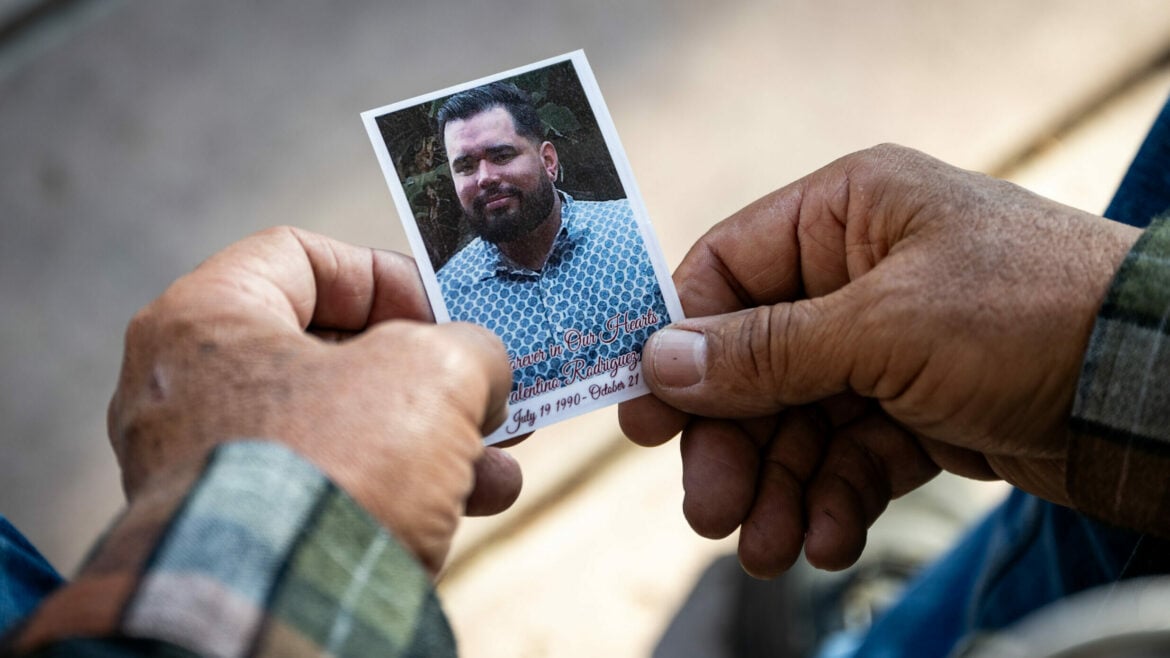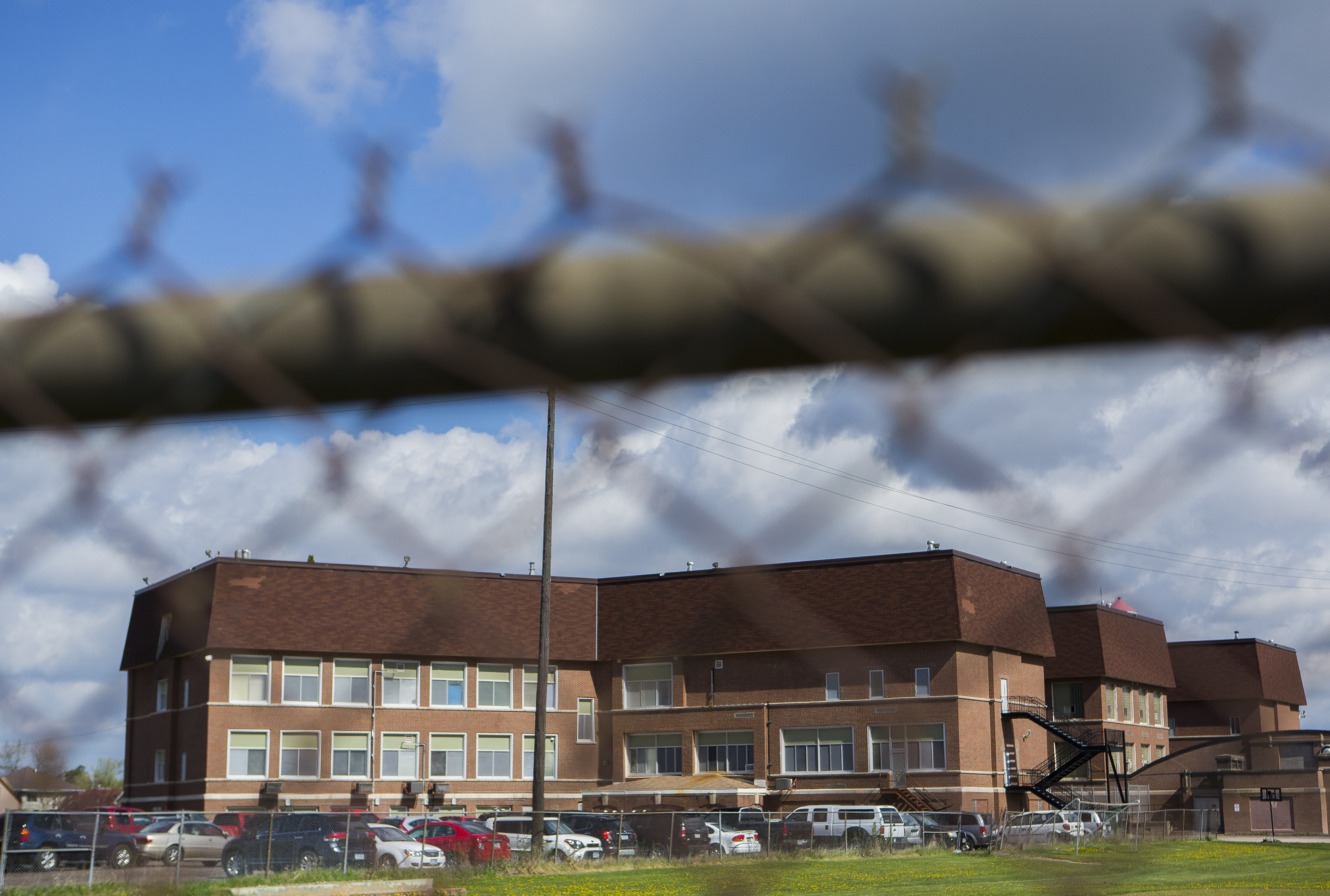Tag: Investigative reporting
California news coalition launches database of police misconduct records
LAist, KQED and CapRadio are among the partner organizations gathering and sharing thousands of documents made public since 2018.‘On Our Watch’ investigates misconduct in California’s New Folsom prison
The podcast's second season focuses on whistleblowers who “went against the code of silence,” says Julie Small, criminal justice reporter at KQED.WHRO beefs up investigative coverage with nonprofit newsroom acquisition
WHRO Public Media is looking to expand its newsroom's capabilities by taking on the Virginia Center for Investigative Journalism.ProPublica ends cash investment in Trump, Inc., remains editorial partner
WNYC and ProPublica “are committed to reporting and producing new episodes through November,” a WNYC spokesperson said.Investigative nonprofit merges with WGBH News
The New England Center for Investigative Reporting has been housed within WGBH’s newsroom since the two organizations partnered in 2013.Peace Corps alumni, drug safety groups press NPR to release Daniel Zwerdling’s investigative report
The two-part story on the anti-malarial drug mefloquine had been scheduled to air in late November 2017.North Country Public Radio launches fundraiser for investigative reporting
The station hopes to raise $50,000 in listener support for its "Daylight Reporting Fund."Boston’s WBUR to launch investigative unit
WBUR plans to hire three journalists to tackle stories such as opioid addiction, climate change and immigration.Revelations of APM investigation prompt closure of Minnesota treatment facility
In its first investigative series, APM Reports is examining allegations of sexual abuse at Mesabi Academy in Buhl, Minn.Center for Investigative Reporting launches “I Files” YouTube channel
The Berkeley, Calif.-based Center for Investigative Reporting unveiled its new YouTube channel, The I Files, today. The channel, funded by the Knight Foundation, will ...Knight seeds investigative news channel on YouTube
The nonprofit Center for Investigative Reporting is launching an investigative news channel on YouTube to serve as a hub for investigative journalism. ...Fanning quotes Friendly: public TV’s greatest right is to ‘rock the boat’ with journalism
In 2011, as partisan critics attacked NPR, Frontline chief David Fanning urged public media to specialize in strong journalism. Fanning, who was accepting ...Radio joins local probes, ruffles local feathers
WLRN Radio and the Miami Herald have been collaborating on multiplatform news production for eight years, but the investigative-reporting package that they published this ...Fanning on a ‘big bang’ moment for Frontline: bringing online depth to reporting
David Fanning, e.p. of Frontline, discussed the WGBH program’s evolving use of the Web Aug. 23, 2010, in accepting the Goldsmith Career Award ...David Fanning’s Loper Lecture, 2009
David Fanning, the founding executive producer of PBS’s Frontline series, gave this talk in 2009 as the annual James L. Loper Lecture in ...









